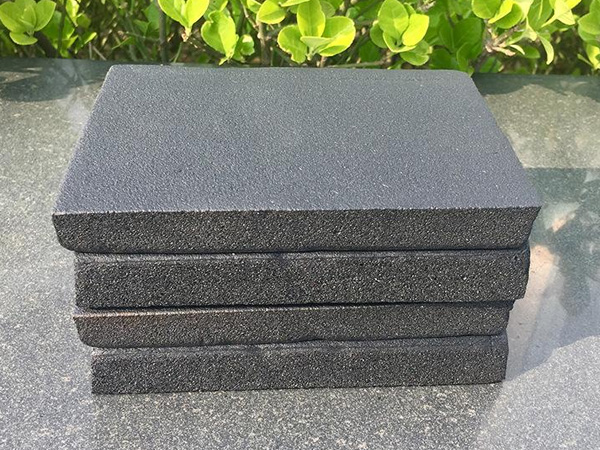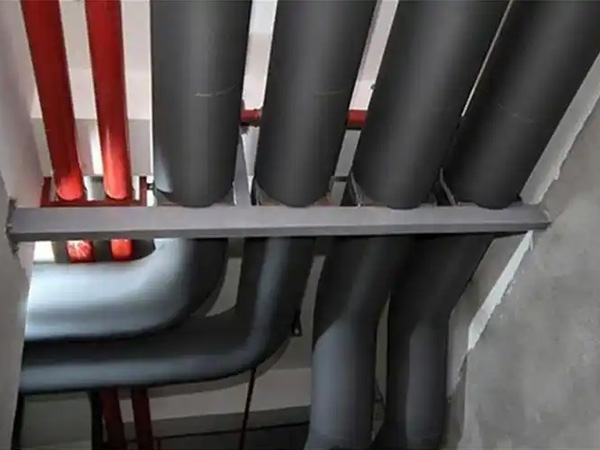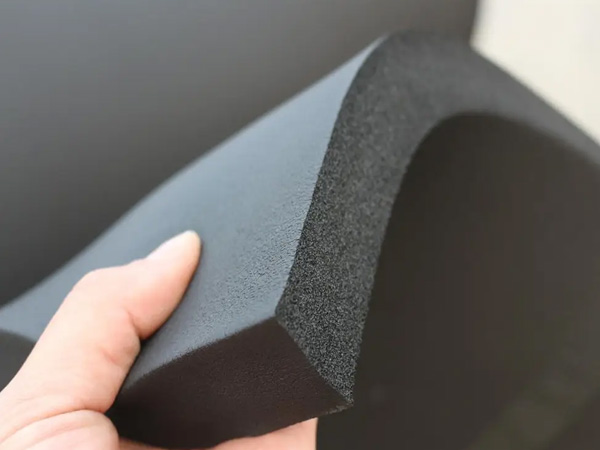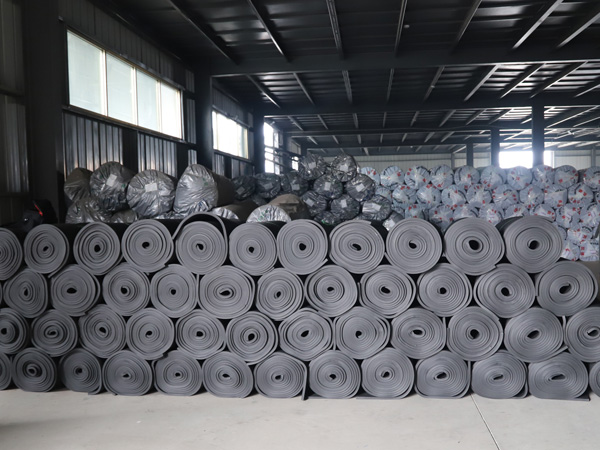How to Select the Right Rubber-Plastic (Elastomeric) Foam Board for Different Scenarios
2025-06-18 15:25:35
How to Select the Right Rubber-Plastic (Elastomeric) Foam Board for Different Scenarios
Rubber-plastic insulation boards (elastomeric foam) are widely used in construction, HVAC, refrigeration, and industrial applications due to their excellent thermal insulation, moisture resistance, and fire safety properties. However, choosing the right type for a specific application requires careful consideration of key performance factors. Below is a detailed guide for selecting the most suitable rubber-plastic foam board based on different scenarios.
1. Building & Construction Applications
Key Considerations:
Fire Safety: For high-rise buildings, select Class B1 or A-grade fire-resistant boards (per GB 8624 or EN 13501-1)25.
Thermal Insulation: Low thermal conductivity (≤0.038 W/m·K) is ideal for walls and roofs3.
Moisture Resistance: Closed-cell structure prevents water absorption (≤0.5% by volume)5.
Recommended Use Cases:
Exterior Wall Insulation: Use high-density (≥50 kg/m³) boards with UV-resistant coatings for durability7.
Roofing Insulation: Choose flexible, lightweight boards (30-50mm thickness) to reduce structural load4.
Floor Soundproofing: Opt for elastic, noise-reducing foam (NRC ≥0.7) to minimize impact noise4.
2. HVAC & Refrigeration Systems
Key Considerations:
Temperature Range: Must withstand -40°C to 105°C without cracking or shrinking6.
Condensation Control: Low vapor permeability (≤3.0 ng/(m·s·Pa)) prevents moisture buildup6.
Chemical Resistance: Should resist oils, acids, and cleaning agents (except hydrofluoric acid)5.
Recommended Use Cases:
Ductwork Insulation: Use self-sealing lap joint boards for airtight installation6.
Chilled Water Pipes: Select low-condensation risk foam with aluminum foil facing for extra moisture barrier6.
Cold Storage Rooms: Choose high-density (≥60 kg/m³) foam with ≤0.5% water absorption1.
3. Industrial & Specialized Environments
Key Considerations:
Fire & Explosion Safety: Flame-retardant (B1/A-grade) foam is critical in oil/gas and chemical plants8.
Mechanical Durability: High compressive strength (≥300 kPa) for industrial flooring or heavy equipment insulation8.
Corrosion Resistance: Must withstand harsh chemicals (e.g., ammonia in refrigeration)5.
Recommended Use Cases:
Petrochemical Plants: Use halogen-free, fireproof foam to prevent toxic fume release8.
Marine & Shipbuilding: Opt for saltwater-resistant foam with anti-corrosion coatings8.
Power Plants: Select high-temperature-resistant foam (up to 150°C) for boiler and pipe insulation8.
4. Automotive & Acoustic Applications
Key Considerations:
Vibration Damping: Elasticity reduces noise and resonance (15 dB reduction possible)4.
Heat Shielding: Must resist engine heat (up to 180°C) without melting5.
Lightweight Design: Low-density (≤50 kg/m³) foam minimizes vehicle weight4.
Recommended Use Cases:
Automotive Insulation: Use thin, flexible foam for engine bays and underbody panels4.
Home Appliances (Fridge, AC Units): Choose odorless, non-toxic foam for safe indoor use4.
5. Cold Chain & Food Industry
Key Considerations:
Thermal Stability: Must maintain R-value in -30°C to 60°C environments1.
Hygienic Compliance: Should be mold-resistant and easy to clean (FDA-approved for food zones)5.
Recommended Use Cases:
Refrigerated Trucks: Use high-R-value (≤0.025 W/m·K) foam with reinforced edges1.
Food Processing Plants: Select anti-bacterial foam to meet hygiene standards8.
Selection Checklist for Buyers
Fire Rating – B1 (standard) vs. A-grade (high-risk areas).
Density & Thickness – Higher density (≥50 kg/m³) for heavy-duty use.
Moisture Resistance – Closed-cell foam with ≤1% water absorption.
Temperature Range – Ensure compatibility with operating conditions.
Installation Method – Self-adhesive vs. mechanical fixing.
For custom requirements (e.g., curved surfaces, high-pressure zones), consult manufacturers for tailored solutions.

OurFlame Retardant Rubber Foamis a premium closed-cell elastomeric insulation material engi...

OurRubber Pipe Insulationis a high-performance solution designed specifically for HVAC pipi...

Rubber Foam Insulation Sheet – Product Introduction Premium Flexible Insulation for Therm...

Specially engineered for refrigeration applications, ourElastomeric Rubber Insulationprovid...



